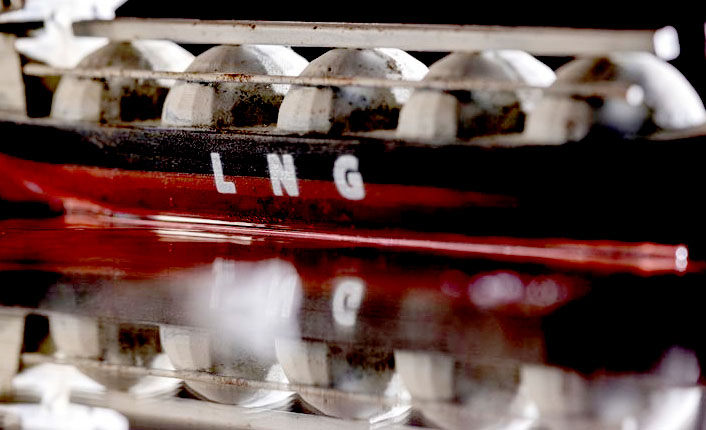Australia will decide whether to reduce LNG shipments after a watchdog advocated restrictions, warning one of the world’s top exporters might face a shortfall and skyrocketing costs next year.
The change, recommended by the Australian Competition and Consumer Commission (ACCC), comes as Australia vies with Qatar and the U.S. for the top LNG exporter.
The ACCC cautioned that more gas is needed to counteract falling output from offshore fields that have historically supplied Australia’s east coast.
Before reaching a decision in October, Resources Minister Madeleine King will contact LNG exporters and Australia’s trading partners. The verdict might alter gasoline supplies and pricing in 2023 for global consumers already shaken by Ukraine’s gas problems.
Export limitations will likely affect Santos Ltd.’s Gladstone LNG joint venture with TotalEnergies SA, Korea Gas Corp (KOGAS), and Petronas.
The ACCC recommended the government abolish the Australian Domestic Gas Supply Mechanism. The 2017 legislation could push east coast LNG exporters to transfer gas to the domestic market to avoid shortages.
The outlook for the east coast gas market has worsened, says ACCC Chair Gina Cass-Gottlieb.
The panel assessed that LNG exporters will likely withdraw more gas than they supply. 56 petajoules are needed to meet demand, or 14 LNG cargoes.
The commission warned of a gap in 2023 and “particularly encouraged LNG exporters to expand their supply.”
Government pressure
The Russia-Ukraine conflict has exacerbated a global gas shortage. Europe and Asia compete for LNG exports to replace Russian gas, driving up costs and prompting Australia to export uncontracted gas.
The ACCC study comes after coal-fired plant interruptions boosted gas demand for power generation and heating. Demand for gas and power skyrocketed in June, nearly causing blackouts in eastern Australia.
The findings pressure the new Labor government to increase gas supply. Gas-dependent firms have threatened to close factories and reduce jobs.
“It’s vital that our domestic gas supply be secure and competitively priced, said Treasurer Jim Chalmers.
The LNG exporters have 167 PJ of uncontracted gas available for the domestic market, the gas industry’s lobby group said in response to the ACCC.
Damian Dwyer, acting CEO of the Australian Petroleum Production and Exploration Association, claimed “this is more than enough gas“
Tougher measures
The Australian Domestic Gas Security Mechanism has been extended until 2030. She also wants to add a price trigger to the legislation.
She said the ACCC’s study raises doubts about exporters’ “social licence” because LNG companies’ commitment to the domestic market has dropped since 2017.
“The gas producers realise this is damaging,” King said in Canberra.
She said there was no value in breaking long-term contracts that supported the LNG export business.
King: “We want to be a trusted commercial partner.”
Analysts said King will face pressure from others in her party to protect jobs for gas-dependent manufacturers.
“We believe the government may declare a gas shortfall in 2023 and toughen up the regulatory framework, but ultimately pursue a “voluntary” outcome whereby Queensland LNG producers agree to keep the market supplied for any shortfalls next year,” Credit Suisse analyst Saul Kavonic said.

